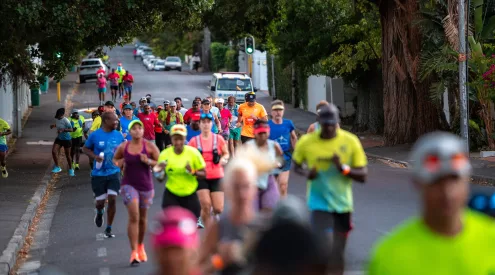Since travelling looks a bit different these days due to COVID-19, Google is introducing new features to its Maps application in the hopes of making travelling simpler and safer.
‘It’s increasingly important to know how crowded a train station might be at a particular time or whether the bus is running on a limited schedule. Having this information before and during your trip is critical for both essential workers who need to safely navigate to work and will become more important for everyone as countries around the world begin to reopen,’ said Google on their blog, The Keyword.
Here’s how they will be helping out:
Alerts about important information
When you search for directions, specifically related to public transit, and the trip is expected to be affected by travel regulations, Google will provide alerts from local transit agencies. However, these alerts are only rolling out in Argentina, Australia, Belgium, Brazil, Colombia, France, India, Mexico, Netherlands, Spain, Thailand, United Kingdom and the U.S, thus far. Google said that more countries will be added soon.
In addition, they will ensure that you receive driving alerts about COVID-19 checkpoints and restrictions on the route you’re following, such as when you cross a border.
‘We’re showing these alerts where we’ve received authoritative data from local, state and federal governments or from their websites, and are actively working with other agencies around the world to bring even more of this helpful data to users in Google Maps’, they said.
Helping to avoid crowds
Google already has a function which notifies users of predicted crowds in various public transit areas. They are now ensuring that people can contribute more easily to ‘crowdedness information’ for various transit lines.
‘Look up Directions, tap through to see the Transit Details, then scroll down to find crowdedness predictions (where available) and easily contribute your own experiences,’ they said.
‘To ensure proper social distancing, commuters are paying attention to how crowded or comfortable their ride and transit station will be. Starting today, you can easily see the times when a transit station is historically more or less busy to plan your trip accordingly or you can look at live data showing how busy it is right now compared to its usual level of activity.’
This can be done by searching for a station in the Maps application or clicking on the station on the map.
Image credit: Pixabay
















